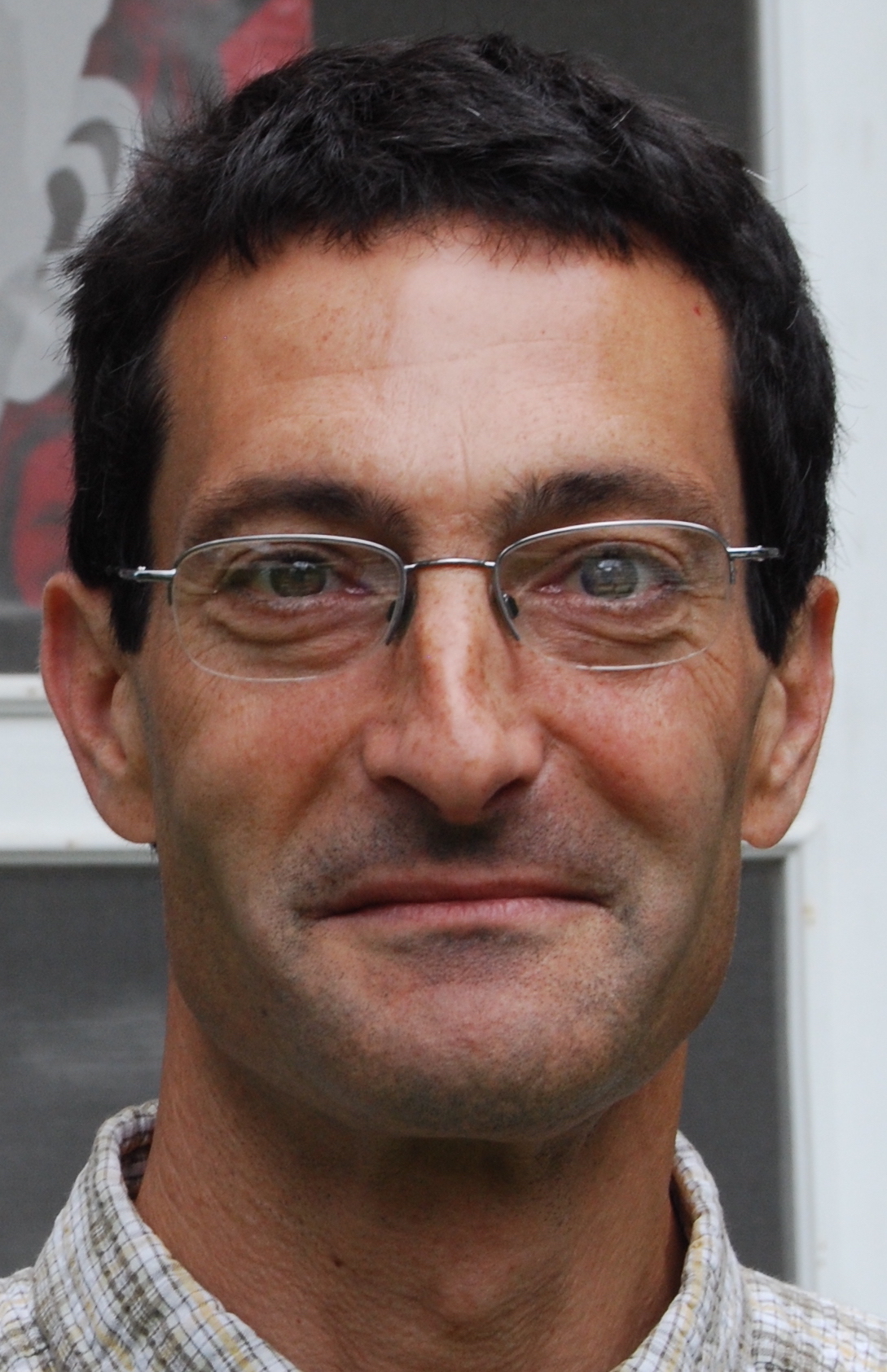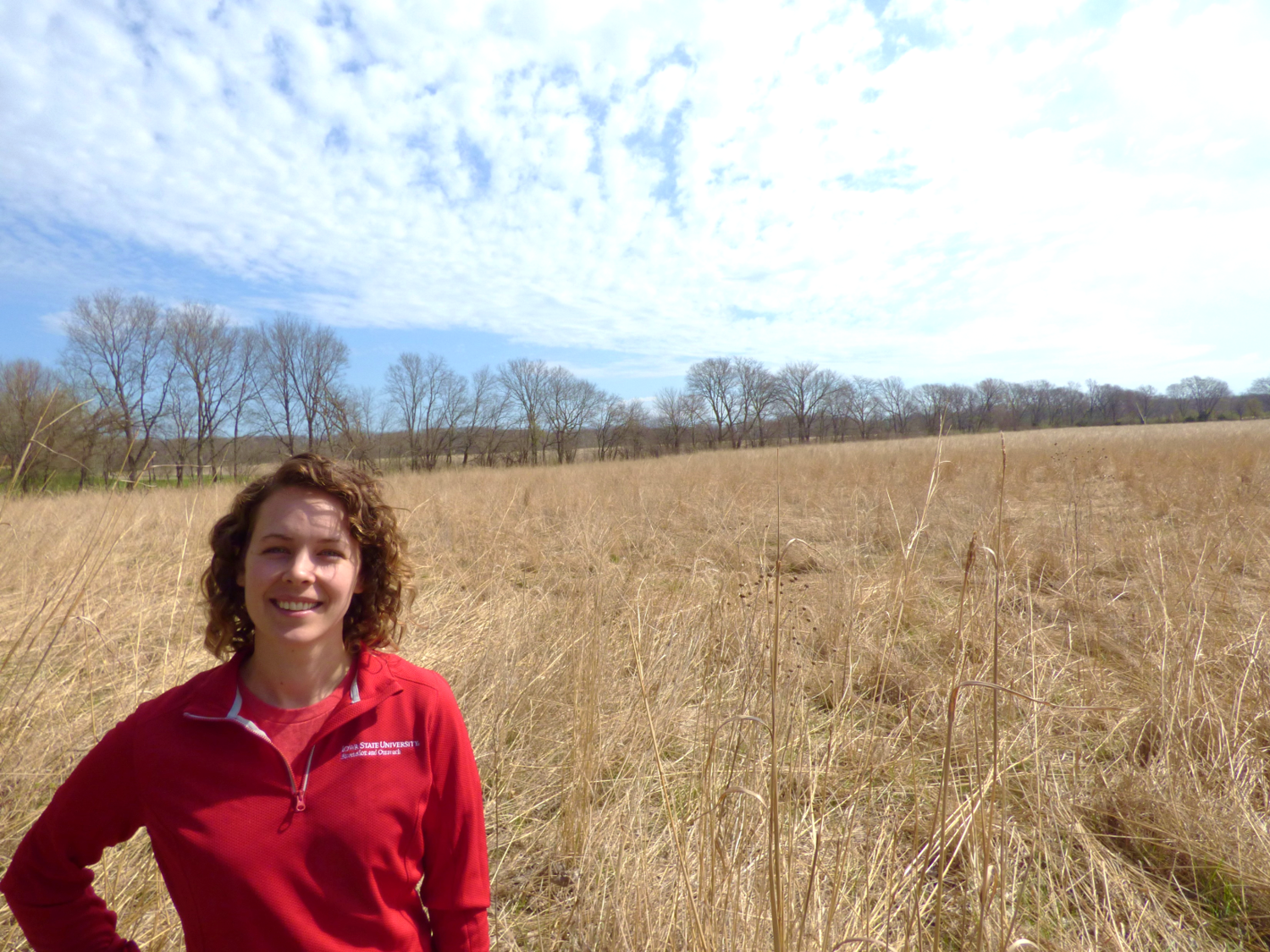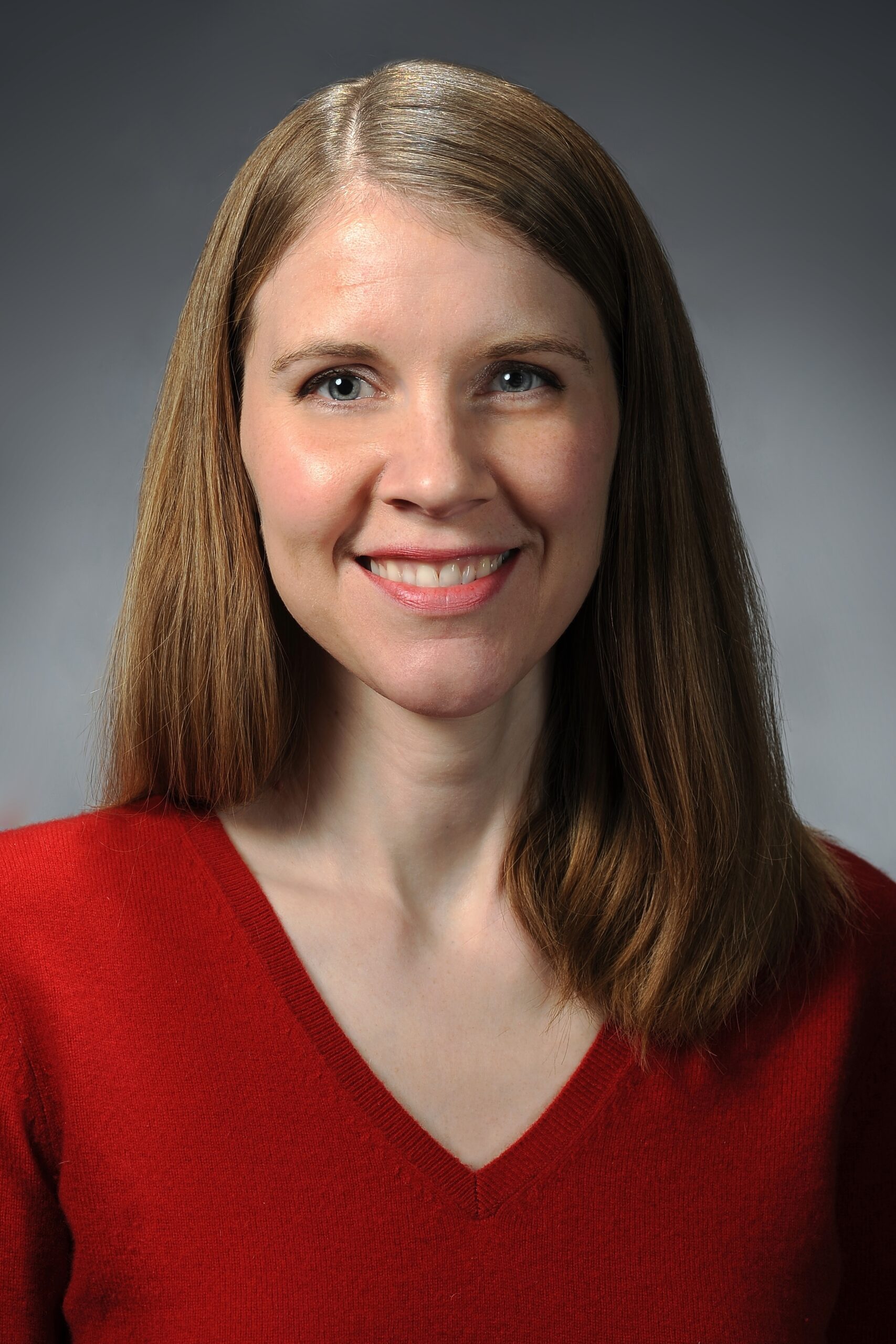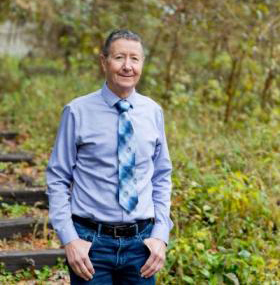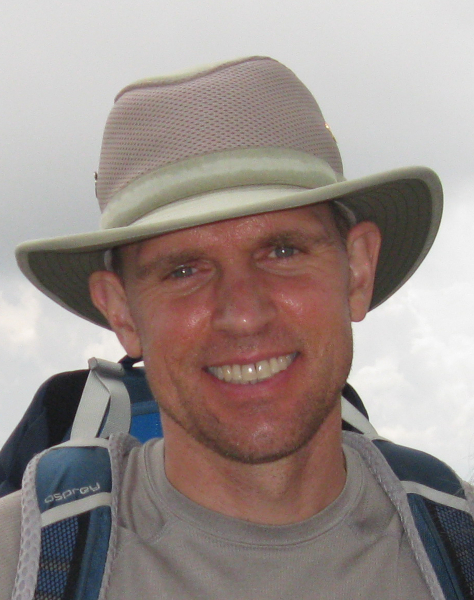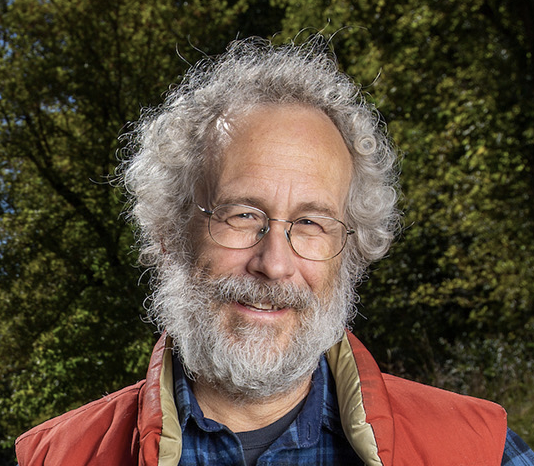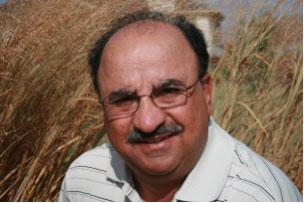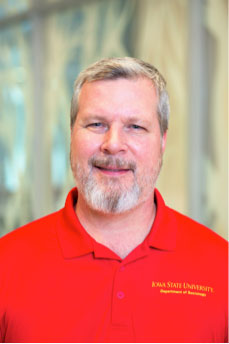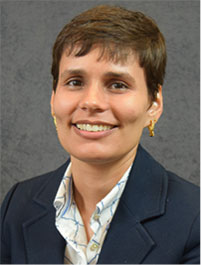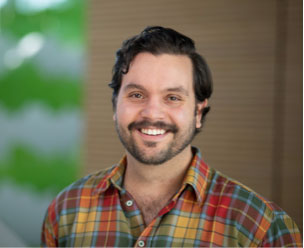Matt Liebman is a professor of agronomy and the H.A. Wallace Chair for Sustainable Agriculture at Iowa State University. He received an A.B. in biological sciences from Harvard in 1978 and a Ph.D. in botany from the University of California-Berkeley in 1986. Before joining the ISU faculty in 1998, Matt worked at the University of Maine for 11 years. He became a fellow of the American Society of Agronomy in 2009 and was a member of the National Research Council committee that produced the 2015 report titled “A Framework for Assessing Effects of the Food System.” His research, teaching, and outreach activities focus on ways to improve environmental quality and agricultural productivity while reducing dependence on agrichemicals and fossil fuels. Specific interests include diversified cropping systems, weed ecology and management, and the use of native prairie species for biofuel production and soil, water, and wildlife conservation.
View Liebman’s Google Scholar profile.
